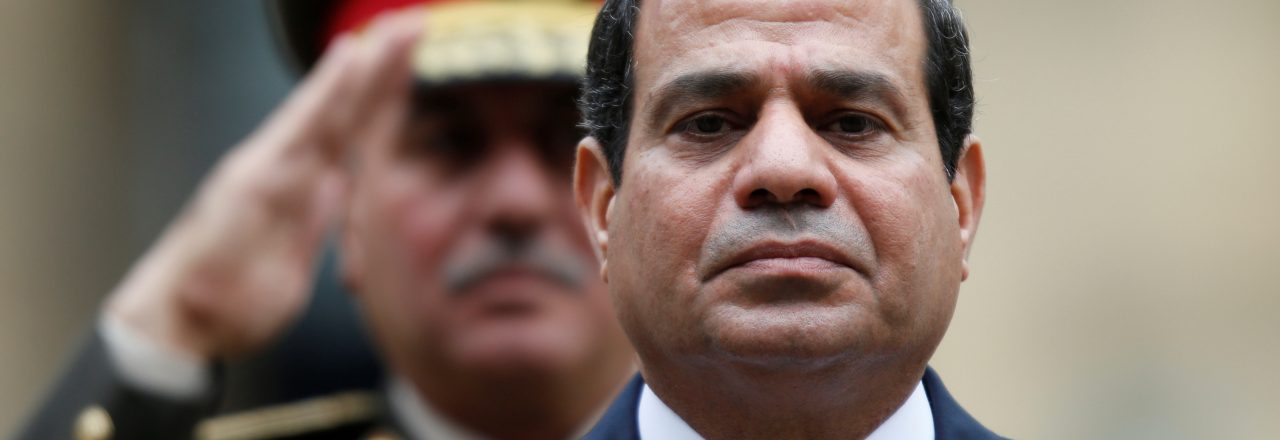
Abstract
Tunisia and Egypt are two countries that have experienced the fall of longstanding authoritarian leaders. Transitions in both countries then took entirely different directions. This paper deals with the question of whether and how political change in the two countries has affected their foreign policy-making towards the European Union (EU). Building on a liberal international relations (IR) perspective and elite theory, the paper focuses on the politically relevant elites (PRE). PRE shape discourses and influence decision-making processes. Building on the assumption that the composition and discourses of the PRE influence policies and positions towards the EU, the paper analyses the structure of the elites and their disputes over power resources.


